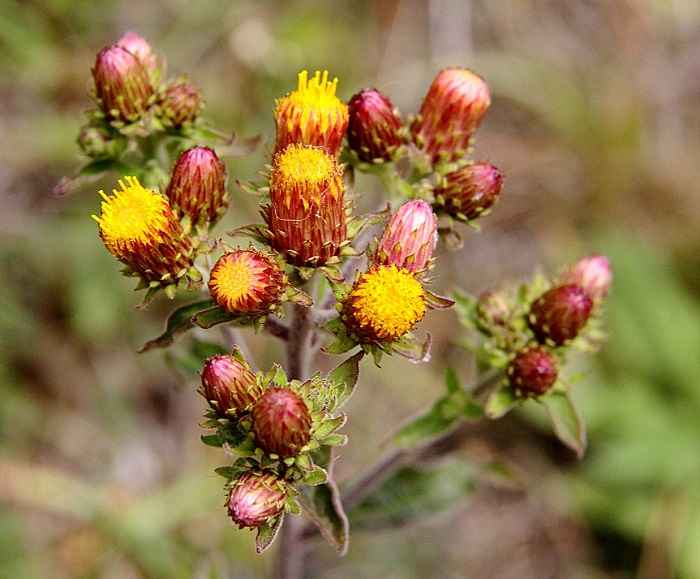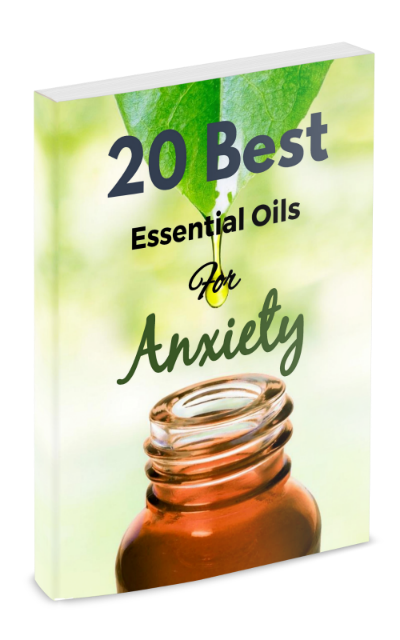Spikenard essential oil, derived from Nardostachys jatamansi, has a woody and pungent aroma that is warm and earthy. It is good for instilling a profound sense of peace, restoring faith and tranquility. It also promotes feelings of acceptance and compassion.
Spikenard essential oil comes from crushing and distilling the underground stems of Nardostachys jatamansi. This results to an oil with a bittersweet, earthy and woody scent.

Use of Spikenard Essential Oil for the Body
Spikenard essential oil is noted for its antifungal and antibacterial properties. These properties make spikenard oil effective in treating a variety of health and skin conditions. It can be used to treat wounds, fungal infections, and psoriasis. It can also be used to treat infections of the internal organs, including the urethra, the bladder, and the kidneys.
Using the essential oil of spikenard can boost reproductive health. It stimulates the ovaries and the uterus and helps them perform their function. It also stimulates the production of estrogen and progesterone.
Spikenard oil has anti–inflammatory effects and can be used to treat respiratory, joint, and muscle inflammation. These effects are part of what makes spikenard a good sedative.
Spikenard essential oil can also act as a laxative and help relieve constipation.
Use of Spikenard Essential Oil for the Mind
Spikenard essential oil can ward off insomnia. It has a calming and soothing effect on the mind and spirit. It removes nervous tension and helps in dealing with persistent anxieties. It also fights the feelings of resentment and despondency. If difficult worldly circumstances are the reason for being awake, spikenard oil can help.
This essential oil is often used for spiritual reasons. It allows us to surrender and free the ethereal soul and can be used to restore faith and tranquility and achieve spiritual peace and compassion.
Spikenard Essential Oil Relieves Insomnia Caused By:
- Emotional wounds
- Difficult circumstances
- Despondency and resentment
Spikenard in Ancient History
Spikenard has a tradition of usage in Ayurveda. It was well known to the ancient Egyptians, even though few were able to afford it, as it was considered a luxury commodity.
The ancient Hebrews used spikenard as an ingredient of an incense used in religious ceremonies. It was mentioned in both the Bible and the Talmud.
Spikenard is also mentioned in the Iliad, when Achilles used it to perfume the body of his lover, Patroklos. The ancient Greeks called spikenard “nard.”
The ancient Romans used it to create the perfume nardinum. They also used it to flavor their food, and it was a common ingredient in many cooking recipes. According to Pliny the Elder, there were no less than twelve species of plants that could have been called “nard,” including lavender and Nardostachys jatamansi.
Spikenard in Modern History
While spikenard was commonly used in Middle Ages in spice blends, it proved to be a very controversial oil later on. There was much debate during the eighteenth and nineteenth centuries about the exact plant which was called spikenard in the Bible. Some believed it was a grass native to India, others believed it was an Indian plant called jatamansi.
Either way, spikenard was used for its medical properties. Nicholas Culpeper wrote about it in the first volume of English Physician and Complete Herbal:
“The oil of spikenard is good to warm cold places, and to digest crude and raw humours; it worketh powerfully on old cold griefs of the head and brain, stomach, liver, spleen, reins, and bladder. It purgeth the brain of rheum, being snuffed up the nostrils; being infused certain days in wine, and then distilled in a hot bath, the water is good inwardly and outwardly to be used for any coldness of the members.”
Spikenard Essential Oil Cautions
Spikenard essential oil is generally safe for use. People who have very sensitive skin might experience signs of irritation when using it. During pregnancy or when nursing, spikenard essential oil should be used with caution.


